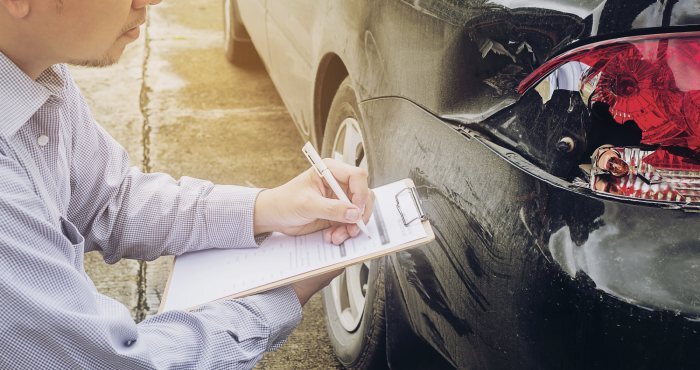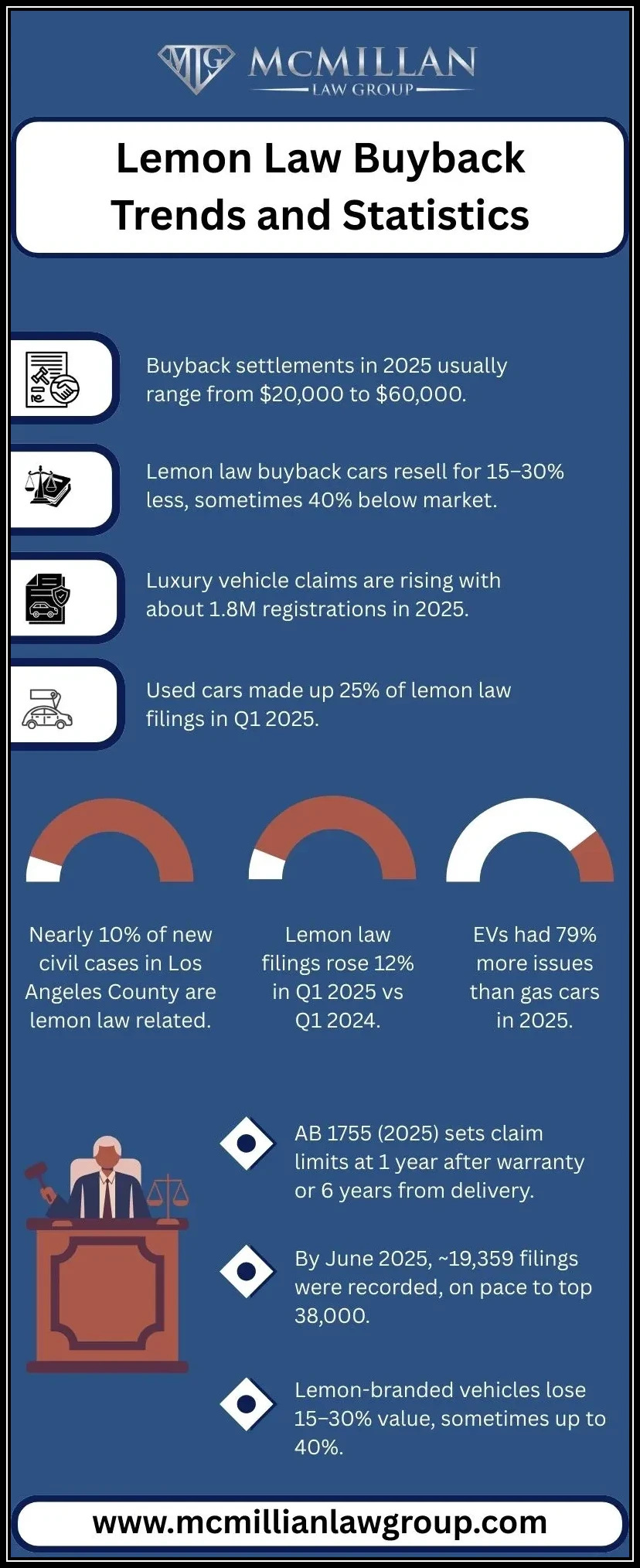Acquiring a vehicle represents a significant financial commitment, and finding out that it has defects—particularly if this results in repossession—can be extremely aggravating. In California, robust Lemon Laws are in place to shield consumers, making it crucial to comprehend how these regulations relate to vehicle repossession in order to protect your rights and seek appropriate legal recourse.
Understanding California’s Lemon Law
California’s Lemon Law, formally referred to as the Song-Beverly Consumer Warranty Act, aims to safeguard buyers and lessees of new or used cars that are found to be defective. This legislation is applicable to vehicles that remain covered by the manufacturer’s warranty and exhibit significant flaws impacting their usability, worth, or safety—particularly when the manufacturer or its authorized representatives have not successfully resolved the problem after multiple attempts.
If a vehicle is deemed a lemon, the owner may be eligible for either a replacement car or a refund (commonly known as a buyback), which generally encompasses:
- The initial down payment
- Monthly payment amounts
- Fees for registration
- Applicable taxes
- Reasonable legal fees
However, issues can arise if the vehicle has been repossessed.
What is a Repossession?
Repossession happens when a financial institution reclaims a car due to the borrower’s failure to meet the terms of an auto loan or lease, typically as a result of missed payments. After the vehicle is taken back, it is commonly sold at auction, with the money earned going toward the outstanding loan amount. If the sale price is insufficient to cover the debt, the borrower may still be liable for the remaining balance.
This situation can become even more complicated if the vehicle in question is classified as a lemon.
How Repossessions Affect Lemon Law Claims
The relationship between Lemon Law and vehicle repossession can be particularly complex in Fresno, California. If your defective vehicle is repossessed by the lender before you file a Lemon Law claim, it may limit your legal options—but it doesn’t necessarily eliminate them. Here’s how repossession can impact a Lemon Law case in Fresno:
1. A Lemon Law Claim May Still Be Possible
Even with repossession, you could still have grounds for a lemon law claim. The crucial factors are whether the defects were present during the warranty period and if the manufacturer was given a reasonable chance to address them. If these criteria are satisfied, repossession does not invalidate your legal rights.
2. Your Compensation Might Be Modified
In cases where a vehicle has been repossessed, the amount you might receive for a buyback could be lower. The compensation calculation usually considers what you’ve already paid toward the loan and deducts any remaining balance or shortfall after the car is sold at auction. Although you won’t get the full refund as if the repossession hadn’t occurred, you may still qualify for some compensation, which includes your down payment and monthly payments made prior to repossession.
3. Timing Matters Significantly
It’s generally advisable to file a lemon law claim before your vehicle gets repossessed. Once the lender reclaims the car, you lose access to its condition and repair history. Delaying your claim may weaken your position or reduce the compensation you could receive.
Repossession Due to Defects
Occasionally, car owners may miss payments because their vehicle is inoperable due to ongoing mechanical problems. If you’ve ceased payments on a car that isn’t functioning correctly, it’s important to seek legal advice regarding your situation.
In California, courts have occasionally acknowledged this scenario, particularly if there is a valid lemon law claim. If you can demonstrate that the issues with your vehicle led to its repossession, you might improve your chances of negotiating a positive resolution—even post-repossession.
Legal Strategies for Lemon Law and Repossession Cases
1. Maintain Your Records
It’s crucial to retain all documents associated with your vehicle purchase, repairs, warranty, and any communications with the dealership or manufacturer. Even if your car has been repossessed, invoices for repairs and warranty papers are vital for substantiating your claim.
2. Seek Legal Advice from a Lemon Law Attorney Promptly
It’s crucial to act swiftly, particularly if repossession is on the horizon or has already taken place. Engaging with a top lemon law attorney in San Diego can provide clarity on the viability of your situation, outline your legal entitlements, and initiate prompt actions to safeguard your rights. In certain instances, experienced legal representation can halt repossession efforts or result in better resolutions through effective negotiation.
3. Address Deficiency Balances
If your lemon vehicle has been repossessed and subsequently sold, the lender might seek payment for the remaining balance. However, if the vehicle is deemed a lemon, your attorney might negotiate a waiver of this deficiency or even seek financial compensation for the defective vehicle.
4. Consider Legal Action if Needed
Should the manufacturer be uncooperative or challenge your claim, pursuing legal action may be necessary. California’s lemon law allows for the recovery of attorney fees, making litigation more attainable for consumers. An experienced attorney can assist you through the legal process or strive for a beneficial settlement on your behalf.
Protecting Yourself: Proactive Steps
To avoid issues related to lemon law and vehicle repossession, consider taking the following preventive steps:
- Attend to repair issues promptly: Tackle any mechanical problems while your vehicle is still covered by warranty, and ensure you obtain written proof of all repair work and service efforts.
- Maintain your payment schedule: Regardless of any defects in the car, continue to make your loan or lease payments until you receive sound legal counsel. Halting payments without a well-thought-out plan could result in repossession and negatively impact your credit score.
- Understand your rights: Get to know your rights under California’s Lemon Law with the help of a San Diego Lemon Law lawyer, so you can make informed decisions and confidently navigate your legal options.
Cases involving Lemon Laws can become intricate when a vehicle is repossessed; however, your rights remain intact. A California Lemon Law lawyer can help consumers understand that, under California law, they still have protections for faulty vehicles—even after repossession. If your vehicle has been taken back or you’re facing potential repossession due to persistent problems, it’s crucial to take prompt action. Engaging a knowledgeable attorney can protect your financial interests and ensure that manufacturers are responsible for their defective products.





